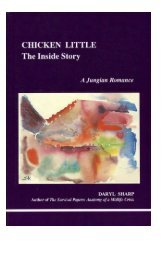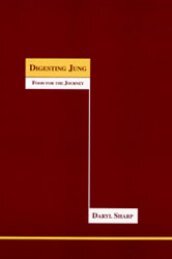Personality types: Jung's model of typology - Inner City Books
Personality types: Jung's model of typology - Inner City Books
Personality types: Jung's model of typology - Inner City Books
- No tags were found...
Create successful ePaper yourself
Turn your PDF publications into a flip-book with our unique Google optimized e-Paper software.
Introduction to Jungian Typology 17The term "irrational," as applied to the functions <strong>of</strong> sensationand intuition, does not mean illogical or unreasonable, butrather beyond or outside <strong>of</strong> reason. The physical perception <strong>of</strong>something does not depend on logic—things just are. Similarly,an intuition exists in itself; it is present in the mind, independent<strong>of</strong> reason or a rational process <strong>of</strong> thought. Jungcomments:Merely because [the irrational <strong>types</strong>] subordinate judgment toperception, it would be quite wrong to regard them as "unreasonable."It would be truer to say that they are in the highestdegree empirical. They base themselves exclusively on experience—soexclusively that, as a rule, their judgment cannotkeep pace with their experience. 7It is particularly important to distinguish between feeling asa psychological function and the many other common uses <strong>of</strong>the word. Jung acknowledged the possible confusion: we saywe feel happy, sad, angry, regretful, and so on; we have afeeling the weather will change or the stock market will fall;silk feels smoother than burlap, something doesn't feel right,etc. Clearly we use the word feeling quite loosely, since in aparticular context it may refer to sense perception, thoughts,intuition or an emotional reaction.Here it is a matter <strong>of</strong> clearly defining our terminology. Wecan measure temperature according to degrees Fahrenheit,Celsius or Réaumur, distance in miles or kilometers, weight inounces or grams, bulk in cups, bushels or pounds—so long aswe indicate which system we are using. In <strong>Jung's</strong> <strong>model</strong>, theterm feeling refers strictly to the way in which we subjectivelyevaluate what something, or someone, is worth to us.This is the sense in which it is rational; in fact, to the extentthat it is not colored by emotion, which is to say influenced byan activated complex, feeling can be quite cold.7 Ibid., par. 371.










